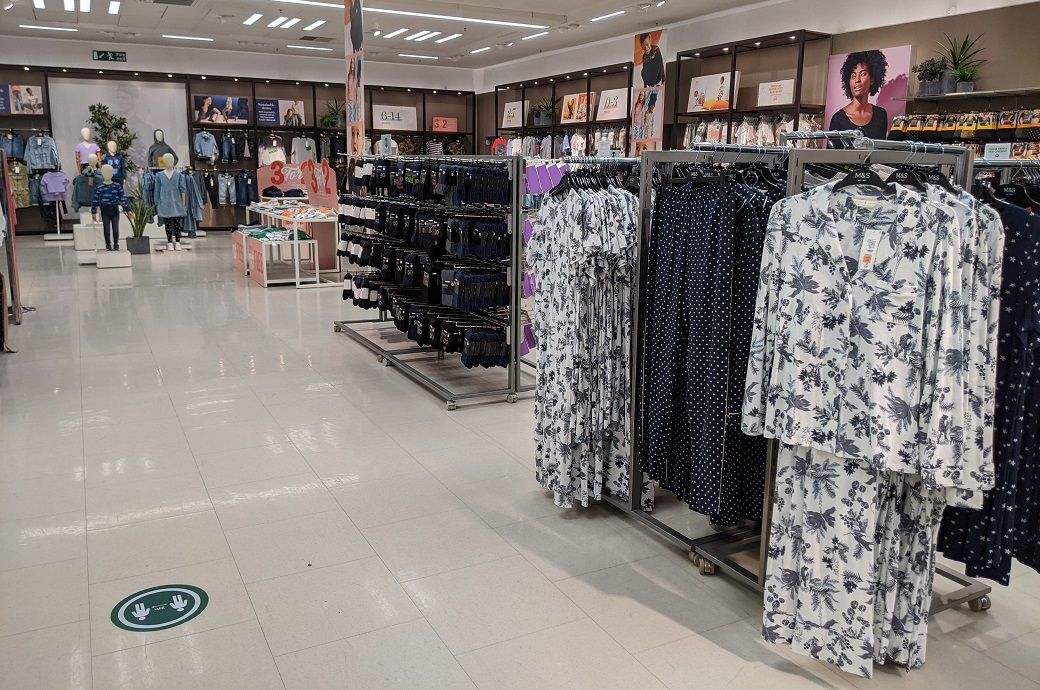
UK’s online non-food sales decreased by 6.3 per cent in October, against a decline of 8.0 per cent in October 2021. This is below the 3-month average decline of 4.8 per cent and above the 12-month decline of 13.6 per cent.
Furthermore, the non-food online penetration rate decreased to 39.9 per cent in October 2022 from 42.0 per cent at the same point last year, said BRC in its report.
On a total basis, sales increased by 1.6 per cent in October, against an increase of 1.3 per cent in October 2021. This is below the 3-month average of 1.7 per cent and the 12-month average growth of 2.7 per cent.
UK retail sales increased 1.2 per cent on a like-for-like basis from October 2021, when they had decreased by 0.2 per cent. This was in line with the 3-month average growth of 1.2 per cent and above the 12-month average growth of 1.0 per cent.
“As the cost of living for consumers continued to rise, retail sales slowed in October. With November Black Friday sales just around the corner, many people look to be delaying spending, particularly on bigger purchases. Clothing and footwear, which saw stronger sales this year, declined as the mild weather meant customers held back on buying winter outfits. Meanwhile, electric blankets, air fryers, and other energy-efficient appliances continued to fly off the shelves as people sought future cost savings,” said Helen Dickinson OBE, chief executive of British Retail Consortium.
“Christmas will come later than last year for many and may be more gloom than glitter as families focus on making ends meet, particularly as mortgage payments rise. Retailers hope the World Cup and Black Friday, will give sales a much-needed boost ahead of Christmas. However, with little sign of cost pressures easing, government action is needed to support households. Retailers face an additional government imposed £800 million inflationary increase in their business rates bills next year so the government should freeze rates and reform the broken transitional relief system to alleviate cost pressures that are feeding through to higher prices at a time when people are least able to afford them,” stated Dickinson.
“Despite the price of goods being higher than 2021, retail sales during October grew by just over 1 per cent in value year on year. This increase is being driven by inflationary pressures and does not tell the true picture of sales volumes dropping as consumers purchase fewer products per shop,” said Paul Martin, UK head of retail, KPMG.
“Many may feel that they have little choice but to reduce prices to hold onto customers but with their own inflationary pressures to contend with, bumper promotions before Christmas could damage already tight margins further. Whilst Christmas is by no means cancelled as consumers focus on one bright spot amongst the economic clouds, retailers are facing possibly their toughest festive season in a decade as shoppers look to trade down, search out bargains, and purchase less to meet the economic challenges ahead,” Martin concluded.
ALCHEMPro News Desk (DP)
Receive daily prices and market insights straight to your inbox. Subscribe to AlchemPro Weekly!